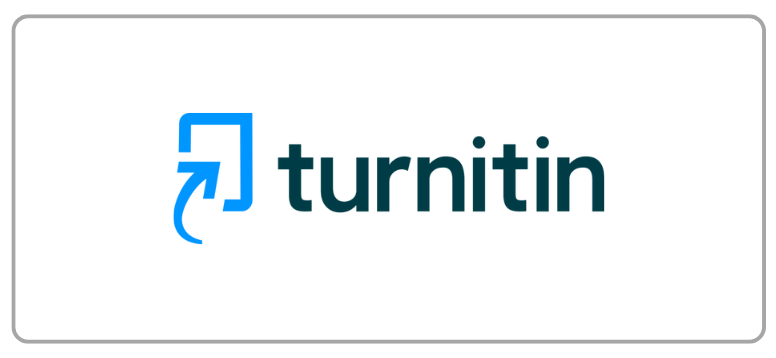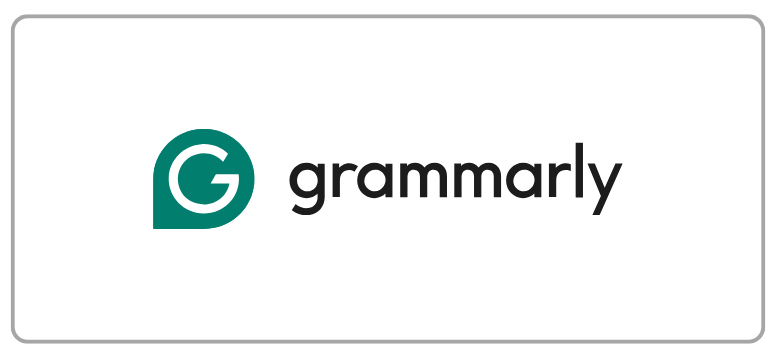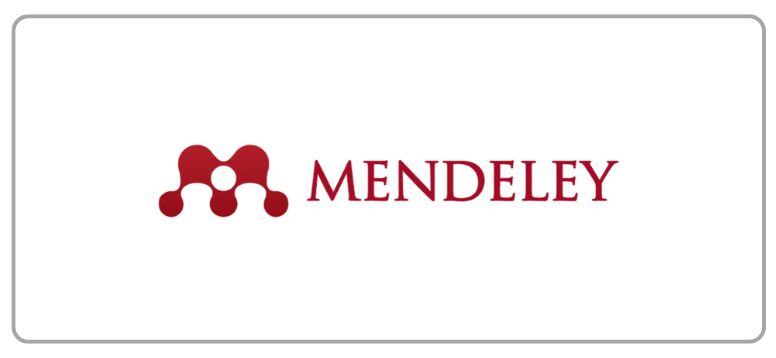The Awareness and Implementation of MBKM Program as Flexible Learning in Faculty
DOI:
https://doi.org/10.21512/humaniora.v13i3.8382Keywords:
MBKM, student awareness, lecturer awareness, flexible learningAbstract
The research discussed Merdeka Belajar-Kampus Merdeka (MBKM), an independent learning policy for universities in Indonesia issued by the Minister of Education and Culture in 2020. One highlighted policy was the right to study for students to study outside the study program for three semesters. The research intended to determine awareness and implementation of the MBKM program from students, lecturers, and education staff. The research applied a quantitative-descriptive method with a survey model. The research data and information were collected by distributing and filling out questionnaires at the Online Learning System (SPADA) of the Ministry of Education, Culture, Research, and Technology of Indonesia. The data obtained were then processed through several analytical techniques, namely descriptive statistics using rank order and text processing and analysis. The population in the research consisted of students, lecturers, and educational staff at the Faculty of Economics and Business, Telkom University. The research indicates that the level of knowledge of lecturers, students, and educational staff regarding the MBKM program is relatively high, obtained from various sources of information, including through online/offline channels from the Directorate General of Higher Education. Follow-up that needs to be done as part of continuous improvement is the need for easy access to working groups at the Ministry of Education and Culture and the importance of socializing in terms of rules and technical aspects of MBKM implementation so that activities can run more optimally.
References
Dhawan, S. (2020). Online learning: A panacea in the time of COVID-19 crisis. Journal of Educational Technology Systems, 49(1), 5-22. https://doi.org/10.1177/0047239520934018.
Direktorat Jenderal Pendidikan Tinggi Kemendikbud RI. (2020). Panduan Merdeka Belajar—Kampus Merdeka. Jakarta: Direktorat Jenderal Pendidikan Tinggi Kemendikbud RI.
Eler, D., Grosa, D., Pola, I., Garcia, R., Correia, R., & Teixeira, J. (2018). Analysis of document pre-processing effects in text and opinion mining. Information, 9(4), 1-13. https://doi.org/10.3390/info9040100.
Huda, N. S. A., Suyanto, S., Kartowagiran, B., Setiawan, C., & Putranta, H. (2020). Academic freedom: Understanding and experience of higher education lecturers in Indonesia. Universal Journal of Educational Research, 8(10), 4671-4683. https://doi.org/10.13189/ujer.2020.081036.
Kamalia, P. U., & Andriansyah, E. H. (2021). Independent learning-independent campus (MBKM) in students’ perception. Jurnal Kependidikan: Jurnal Hasil Penelitian dan Kajian Kepustakaan di Bidang Pendidikan, Pengajaran dan Pembelajaran, 7(4), 857-867. https://doi.org/10.33394/jk.v7i4.4031.
Kodrat, D. (2021). Industrial mindset of education in Merdeka Belajar Kampus Merdeka (MBKM) policy. Jurnal Kajian Peradaban Islam, 4(1), 9-14. https://doi.org/10.47076/jkpis.v4i1.60.
Krishnapatria, K. (2021). Merdeka Belajar-Kampus Merdeka (MBKM) curriculum in English studies program: Challenges and opportunities. ELT in Focus, 4(1), 12-19. http://doi:10.35706/eltinfc.v4i1.5276.
Maisyaroh, M., Juharyanto, J., Bafadal, I., Wiyono, B. B., Ariyanti, N. S., Adha, M. A., & Qureshi, M. I. (2021). The principals' efforts in facilitating the freedom to learn by enhancing community participation in Indonesia. Jurnal Cakrawala Pendidikan, 40(1), 196-207. https://doi.org/10.21831/cp.v40i1.36119.
Müller, C., & Mildenberger, T. (2021). Facilitating flexible learning by replacing classroom time with an online learning environment: A systematic review of blended learning in higher education. Educational Research Review, 34, 100394. https://doi.org/10.1016/j.edurev.2021.100394.
Paudel, K. P., Poudel, B. N., Dunn, M. A., Pandit, M. (2009). An analysis of rank ordered data. Agricultural and Applied Economics Association (AAEA) Conferences. Wisconsin, United States of America. pp. 1-17. https://doi.org/10.22004/AG.ECON.49518.
Redhu, S. (2018). Sentiment analysis using text mining: A review. International Journal on Data Science and Technology, 4(2), 49-53. https://doi.org/10.11648/j.ijdst.20180402.12.
Rodiyah, R. (2021). Implementasi program Merdeka Belajar Kampus Merdeka di era digital dalam menciptakan karakter mahasiswa hukum yang berkarakter dan profesional. Seminar Nasional Pendidikan Tinggi Hukum: Berintegritas dan Berbasis Teknologi, 7(2), 425-434. https://doi.org/10.15294/snhunnes.v7i2.737.
Veletsianos, G., & Houlden, S. (2020). Radical flexibility and relationality as responses to education in times of crisis. Postdigital Science and Education, 2(3), 849-862. https://doi.org/10.1007/s42438-020-00196-3.
Williams, C. (2011). Research methods. Journal of Business & Economics Research (JBER), 5(3), 65-72. https://doi.org/10.19030/jber.v5i3.2532.
Zhang, X. (2016). Study on learning freedom and flexible teaching management. Proceedings of the 2016 International Conference on Education, Sports, Arts and Management Engineering. pp. 663-666. https://doi.org/10.2991/icesame-16.2016.142.
Downloads
Published
How to Cite
Issue
Section
License
Copyright (c) 2022 Risris Rismayani, Ratri Wahyuningtyas , Deannes Isynuwardhana , Indra Gunawan

This work is licensed under a Creative Commons Attribution-ShareAlike 4.0 International License.
Authors who publish with this journal agree to the following terms:
a. Authors retain copyright and grant the journal right of first publication with the work simultaneously licensed under a Creative Commons Attribution License - Share Alike that allows others to share the work with an acknowledgment of the work's authorship and initial publication in this journal.
b. Authors are able to enter into separate, additional contractual arrangements for the non-exclusive distribution of the journal's published version of the work (e.g., post it to an institutional repository or publish it in a book), with an acknowledgment of its initial publication in this journal.
c. Authors are permitted and encouraged to post their work online (e.g., in institutional repositories or on their website) prior to and during the submission process, as it can lead to productive exchanges, as well as earlier and greater citation of published work.
USER RIGHTS
All articles published Open Access will be immediately and permanently free for everyone to read and download. We are continuously working with our author communities to select the best choice of license options, currently being defined for this journal as follows: Creative Commons Attribution-Share Alike (CC BY-SA)


















